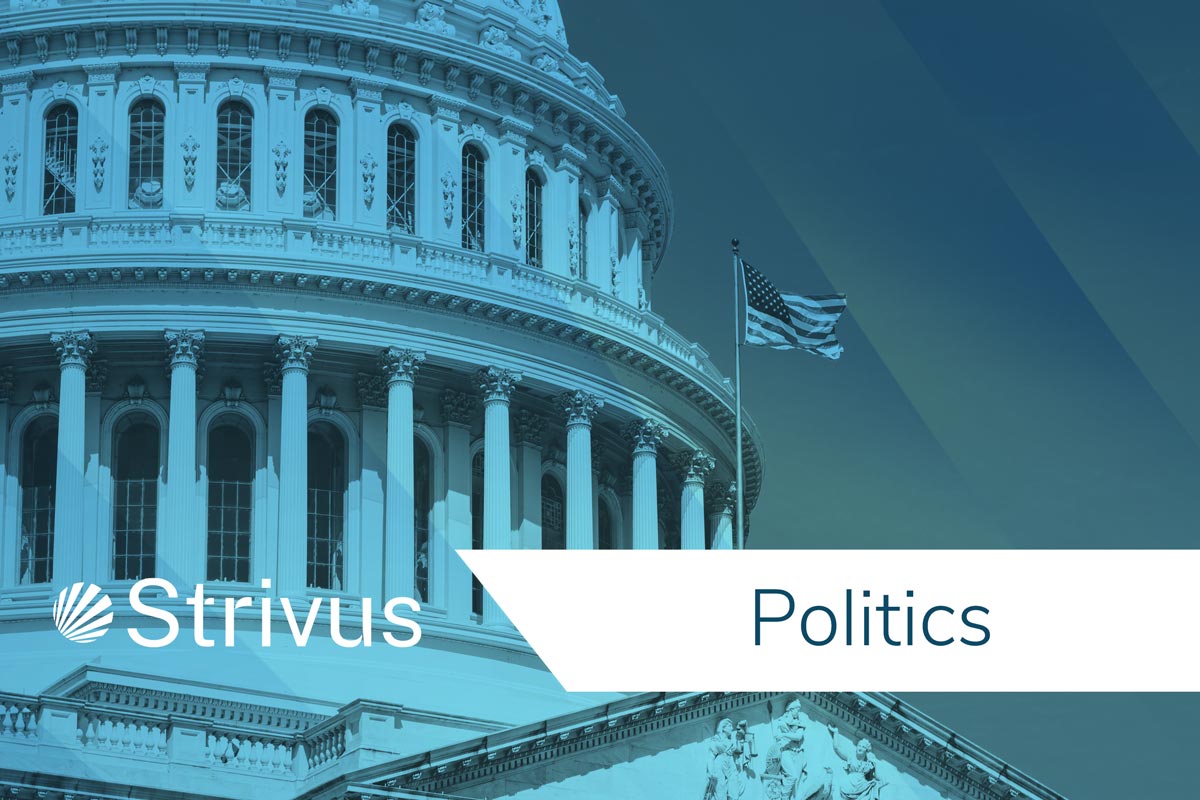Education

The “Other” Retirement Act is Failing in Congress

Since the onset of COVID-19 in 2020, we have been tracking Congressional changes in rules for retirement savers. Unlike many legislative issues, Congress has improved the landscape for participants in employer-sponsored Plans and owners of Individual Retirement Accounts. Pending right now is the SECURE Act 2.0, which will (if passed) expand the user-friendly features of its big brother, SECURE Act 1.0, which became law in 2020. Both are supported by some of the most significant bipartisan majorities in history.
Lesser known than the SECURE series is a proposal from the House Education and Labor Committee, dubbed the Protecting America’s Retirement Security Act (PARSA, my word), which quickly created a partisan divide. What could cause a riff in an otherwise-agreeable retirement agenda?
PARSA requires Company Retirement Plans to automatically re-enroll participants periodically, improves fee disclosures, and creates a portal on the Department of Education’s website for personal financial planning. So far, so good. Count me in.
One major cause of conservative dissent regarding PARSA is an increase in government involvement in the retirement arena. According to Rep. Virginia Foxx (R-VA), PARSA would deepen government involvement in Americans’ individual decision making. How so?
Allowing retirement plan sponsors to include annuities with a delayed liquidity feature as a qualified default investment alternative is a non-starter for many conservatives. The annuity feature is supported (read: sponsored) by the Insured Retirement Institute. “Insured Retirement” is a buzzword of the annuity and life insurance industry.
I know a great deal about annuities, but I am no expert. It seems to me that the euphemism “delayed liquidity feature” means that your money becomes unavailable for a period of years once the annuity is purchased. The only reason I can come up with for a feature like this is to amortize a commission paid on the sale of a default investment.
Legend has it that the U.S. Senate is where Bills go to die. The Senate follows its own rules, and generally considers a multitude of proposals. In this case, the Senate could take up SECURE 2.0 as a stand-alone Bill and could do the same with PARSA if the full House of Representatives passes it through. Or, of course, the Senate could throw all the ideas into the Senate Vitamix, and see what emerges from the slurry.
Our view of the annuity option is simple; available yes, default no. We are included in the overwhelming majority of Americans who favor passage of SECURE 2.0 “as is.” Therefo9re, we implore the Senate to keep it simple, and pass SECURE 2.0. Independently, either modify or reject PARSA.
Van Wie Financial is fee-only. For a reason.
